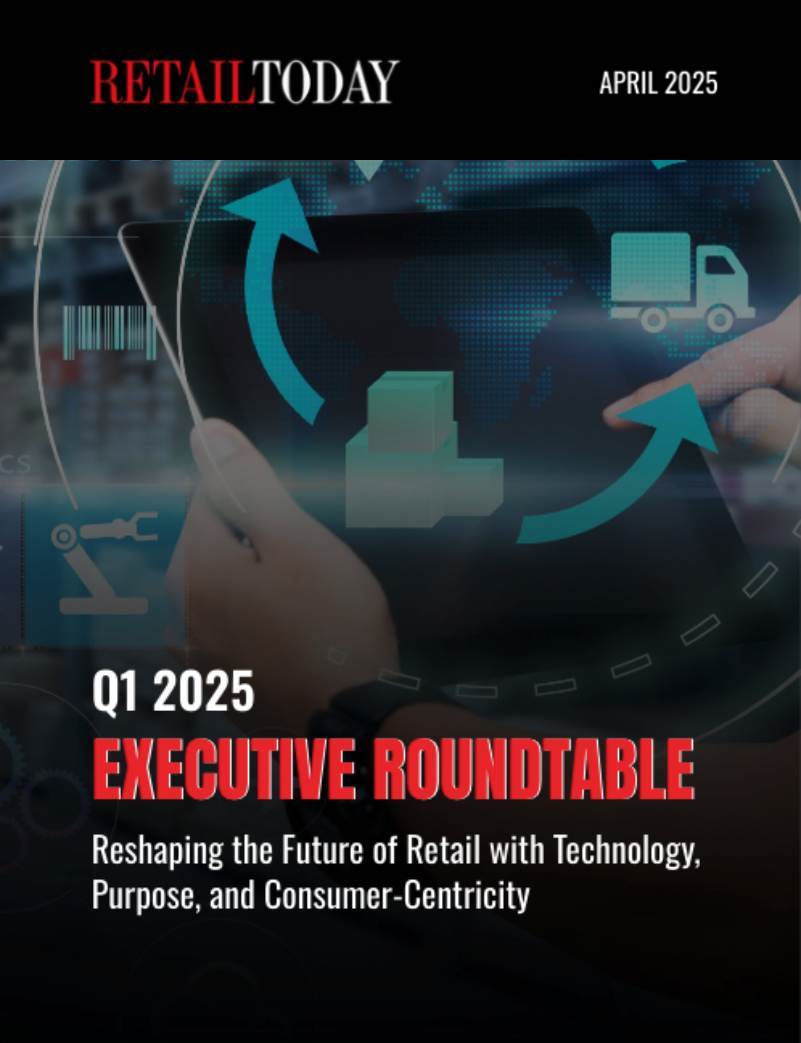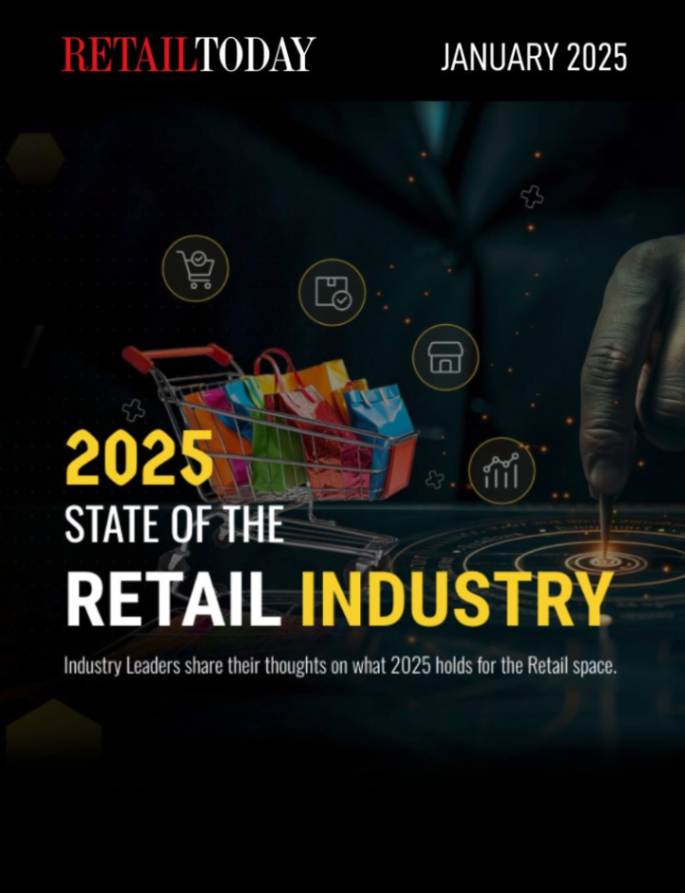
“The comeback is always stronger than the setback,” said some anonymous person somewhere once.
They likely weren’t talking about stepping out of a global health crisis and straight into the worst inflation in 40 years, supply chain slogs, international unrest, and a possible recession. Amidst these challenges, brands in every category are working hard to maintain and grow market share, even as consumer spending remains soft and excess inventory abounds.
Despite the headwinds businesses face in our current, very uncertain macroeconomic environment, time truly is our teacher. Her lesson, proven true in other moments of duress, is that we can bounce back stronger when committed to resilience, flexibility and partnership.
Remain Resilient
The truth is, making it out of 2023 intact will be a success in itself.
Venture capital firms are getting more selective about how they invest, with many focusing on companies that can show profitability, strong repeat purchase rates and proven traction, not necessarily growth. That means your mission this year is to make your business as healthy as possible. Resilience is the name of the game.
McKinsey research on the 2007–08 financial crisis proves that resilient companies outperform their competitors both during and after a downturn. As the research explains, the most resilient companies improved earnings, not revenue—by 10 percent, while industry peers lost nearly 15 percent. Flexibility and cost-cutting were imperative to the resilient companies’ short-term survival and long-term success.
Flexibility Scales Sales
To make it out of this cycle alive, brands must pivot from pre-sales to the post-sales experience. Said another way, fulfillment fuels the loyalty loop. You can’t call a sale a win until a customer has received their product. They have too many options to return an item and find a better one.
That’s why omnichannel strategies are imperative for brands. Shoppers appreciate the ability to choose where and how they shop. At the same time, omnichannel drives diversification and optionality to enable maximum scale, both online and off.
Omnichannel integration is necessary to support additional sales channels that extend discoverability and reach. But managing third-party retail partnerships, ecommerce sites, marketplaces and social commerce channels taxes many brands beyond their capacity.
As Eunice Shin, head of DTC at consultancy firm Prophet, told Insider: “Going omnichannel is absolutely an approach to get to that next stage of growth. But it’s a lot more nuanced than that. Do you have operations set up to deliver?”
But with earnings at the forefront, many brands can’t afford to or are unwilling to scale out in-house supply chain teams. Even if they could, if this isn’t a core competency, they run the risk of doing it poorly, costing them both market share and revenue. Now is not the time to go it alone.
Instead, brands need expert support and partnership to handle the various guidelines and requirements for fulfilling through retailers and commerce platforms, while meeting the needs and expectations of customers.
Partnership Pays Off
Historically, big box retailers succeed during times of economic uncertainty by renegotiating contracts with suppliers, vendors, and carriers, passing those savings to customers in the form of low prices and promotions.
Most brands don’t have the volume or scale to enable this kind of leverage, however, necessitating partnerships that unlock the aggregated volume discounts typically are reserved for large retail organizations.
And as the commerce landscape evolves, brands are in need of partners that facilitate omnichannel connectivity, enabling fulfillment across channels as well as integration with other partners within the retail and ecommerce ecosystem.
The brands able to connect and control the components best fit for their end-to-end operations in a single platform will benefit from increased visibility, analytics, and insights, further improving resilience and flexibility across the organization.
Brands can further streamline operations by outsourcing fulfillment and logistics to partners with flexible physical networks, technical integrations with major marketplaces, shopping carts and retail stores, and dynamic order-routing capabilities. Partnering in this way helps a brand cut operational spend and future-proof its capabilities while ensuring fast, reliable and cost-effective delivery.
Despite near-term adversity, the long-term growth of e-commerce is inevitable. Those who put the right plans and partners in place will rocket to success when economic forces shift back in their favor.
As SVP of operations at Flowspace, Frank Garcia leads teams focused on scaling, empowering, and managing the company’s distributed network of fulfillment centers, and those supporting customer success within them. Frank has a long career in logistics and operations. Prior to joining Flowspace, Frank led fulfillment services and client success & solutions for tech-forward 3PL OceanX. He also served as director of supply chain & operations at Lakeshore Learning Materials, and held several roles at McMaster Carr, a leading industrial supply distributor specializing in same-day delivery. Frank earned his undergraduate degree from UC Berkeley, and is holds a CSCMP SCPro certification. He lives in Long Beach, California with his family.






